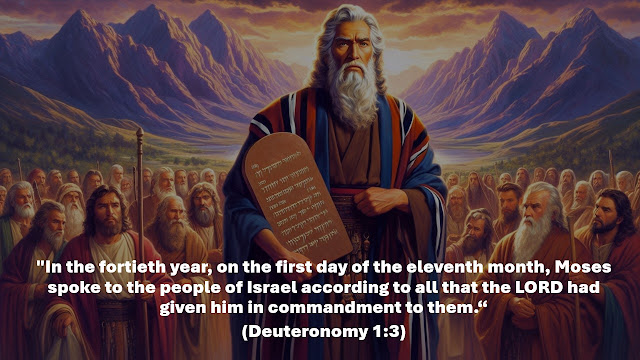Deuteronomy 6:10-25

Deuteronomy 6:10-25 warn Israel against forgetting the LORD after they receive the great cities, houses, cisterns, vineyards, and olive trees in the Promised Land - things they did not build, fill, dig, or plant. They are to fear God and keep His commandments. For the Law teaches how to live as God's covenant people, freed from slavery. Following are some reflections that may be beneficial to consider when studying this passage: Verses 10-12 What achievements or blessings have I received that I should remember as coming from God rather than from my own efforts? Verses 13-19 NOTE: The story of Israel testing God at Massah is recorded in Exodus 17:1-7. Jesus quoted verses 13 and 16 when He was tempted by Satan in the wilderness (ref. Matthew 4:1-11 and Luke 4:1-13). Unlike Israel, Jesus did not fall into sin and disobedience. So, how can I learn from Jesus's example when fighting temptation? Verses 20-25 How would I answer if I were asked to explain the meaning of...





































